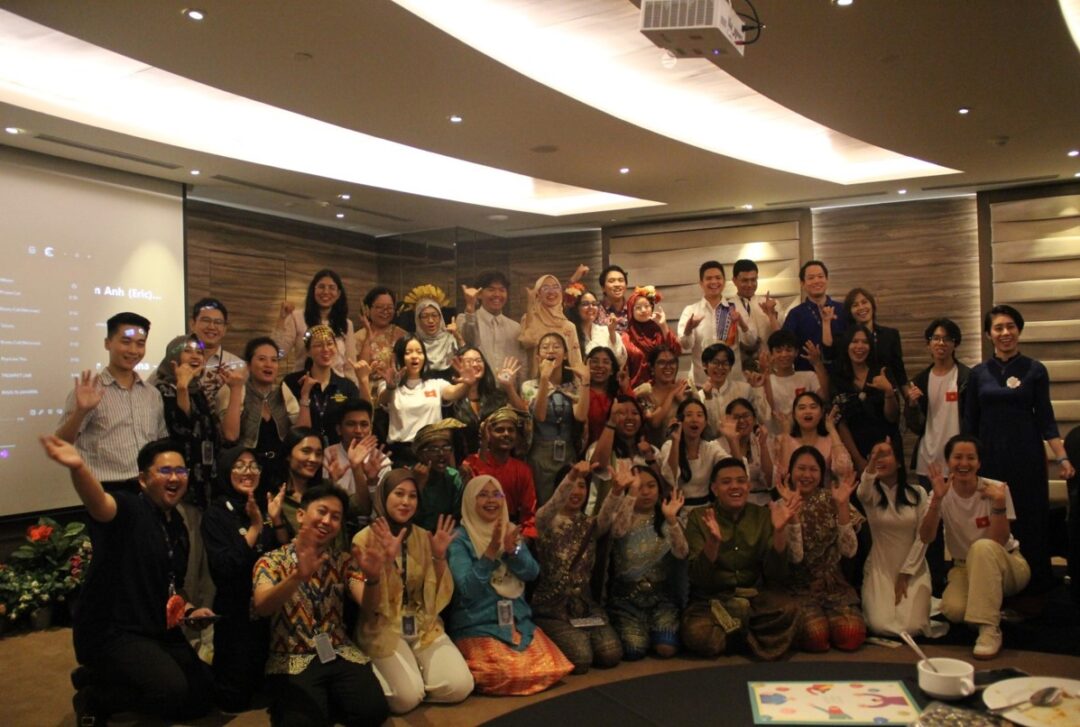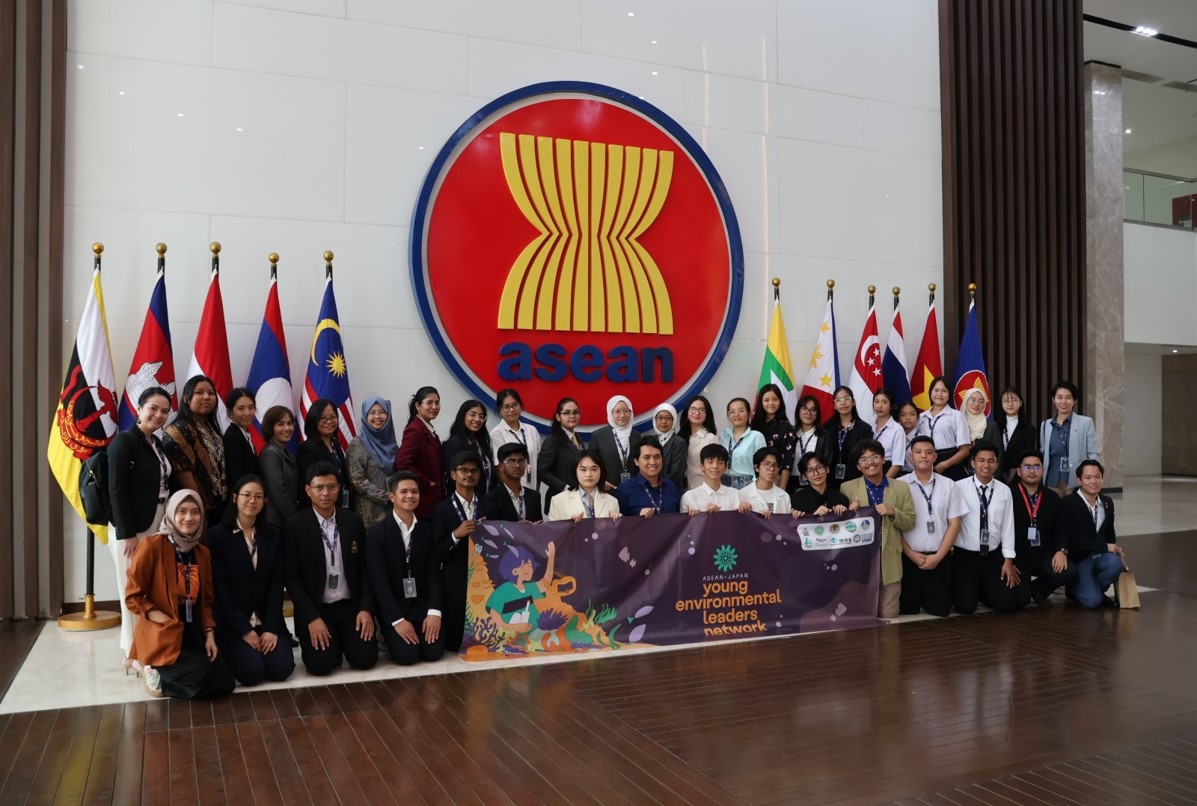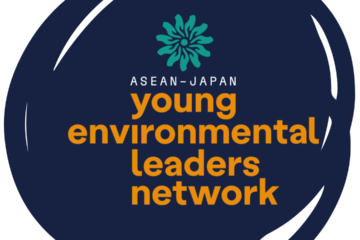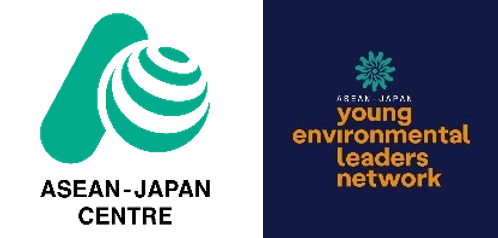
1. Key takeaways
- Proactive Leadership and Strategic Project Planning: The program influenced the fellows’ approach to leadership, instilling resilience and a proactive mindset. It also equipped them with public campaign frameworks like ANAM (Audience, Narrative, Allies, Momentum) to strategically plan and implement projects, emphasizing effective communication, stakeholder management, and inspiring youth involvement.
- Enhanced Strategic Environmental Advocacy: The program provided invaluable insights into environmental advocacy, particularly in improving communication strategies and project planning. The fellows were encouraged apply these learnings to future initiatives, including more strategic messaging in podcasts, better data collection during beach clean-ups, and sharing these techniques with others to ensure sustainable impact.
- Empowered Environmental Advocacy and Collaboration: The program provided valuable tools and insights that reinvigorated their passion for environmental activism, emphasizing the importance of collaboration, incorporating cutting-edge research, and enhancing project impact through innovative communication and strategic partnerships.
The ASEAN-Japan Centre (AJC), together with the ASEAN Youth Organization (AYO), a regional youth organization in the ASEAN region, organized the training program which aimed to equip the 45 in-person participants and 14 online participants including the 33 fellows, 7 supervisors and 11 mentors with project management skills and strategies to aid in the implementation of their environmental projects in their respective local communities.
The two-day program included workshop sessions on defining their leadership goals and values, and strategies on how to design public environmental campaigns. It also included visits to key regional and environmental organizations such as the ASEAN Secretariat Environment Division, ERIA Regional Knowledge Centre for Marine Plastic Debris (RKCMPD), and the Mission of Japan to ASEAN.
2. Insights from Environmental Leaders:
- Ahmad Afryan and Sarah Rauzana, the Managing Directors of ASEAN Youth Organization: How to effectively manage expectations and reinforced the importance of resilience, encapsulated by the mantra “fall down seven times, stand up eight.” This experience deepened fellows’ understanding of the motivations that drive their environmental advocacies, providing a renewed sense of purpose.
- Aloysius Efraim, Communications Lead of ThinkPolicy Indonesia: The speaker emphasized the importance of understanding our audience through the ANAM framework—Audience, Narrative, Allies, and Implementation. His advice on navigating complex social activism, improving communication methods, and organizing information has been invaluable in enhancing our advocacy skills.
- Michikazu Kojima, Senior Advisor to the President on Environmental Issues ERIA: The speaker showed the latest research trends in marine plastic debris, giving a wealth of new material to incorporate into the fellows’ campaigns, ensuring the content remains cutting-edge and informative.
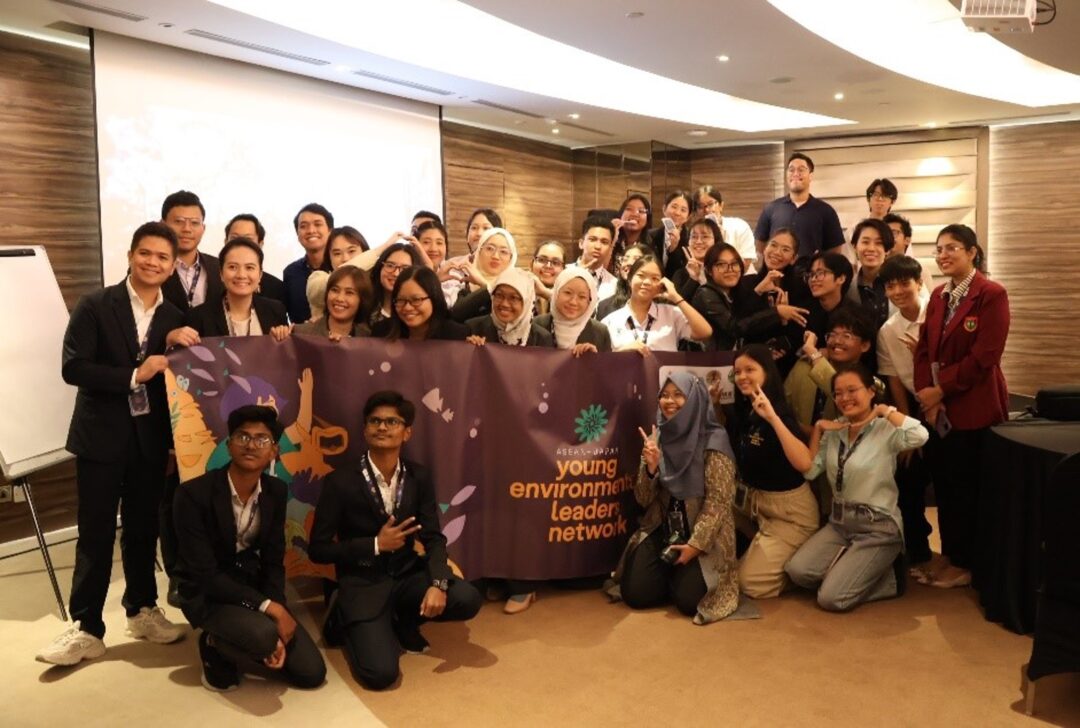
Institutional Visits:
- ASEAN Secretariat: The visit to the ASEAN Secretariat was eye-opening, as it revealed the collaborative efforts of ASEAN countries in addressing marine pollution.
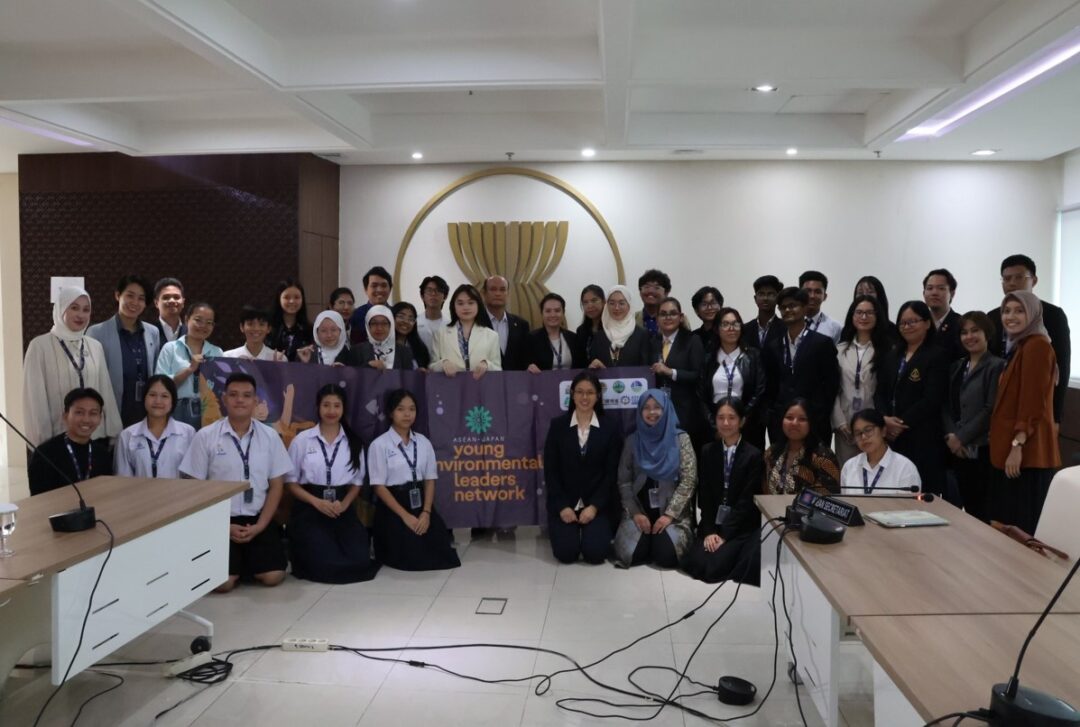
- ERIA Office: At the ERIA Office, fellows gained valuable insights into the crucial role of research in advancing environmental studies and effective event management. Additionally, they learned about the six behavioural levers, which will be instrumental in brainstorming new and engaging ways to present information in their environmental campaigns and information dissemination.
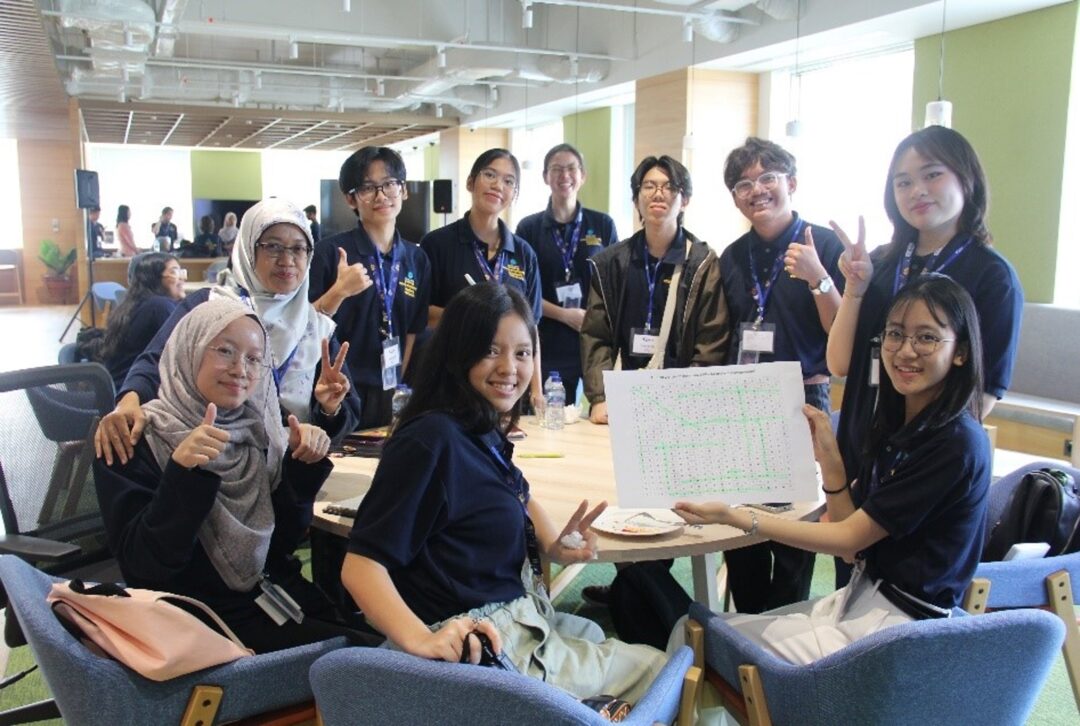
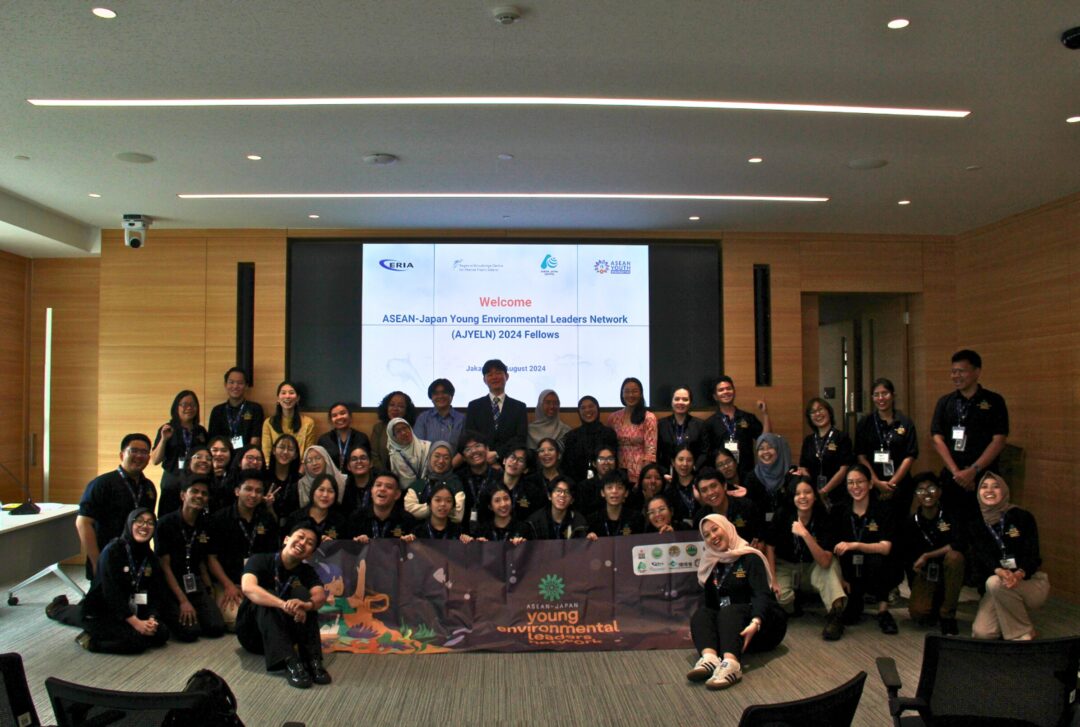
- Embassy of Japan: The visit underscored the collaborative efforts between ASEAN countries and Japan-Indonesia cooperation on environmental issues, particularly marine pollution.
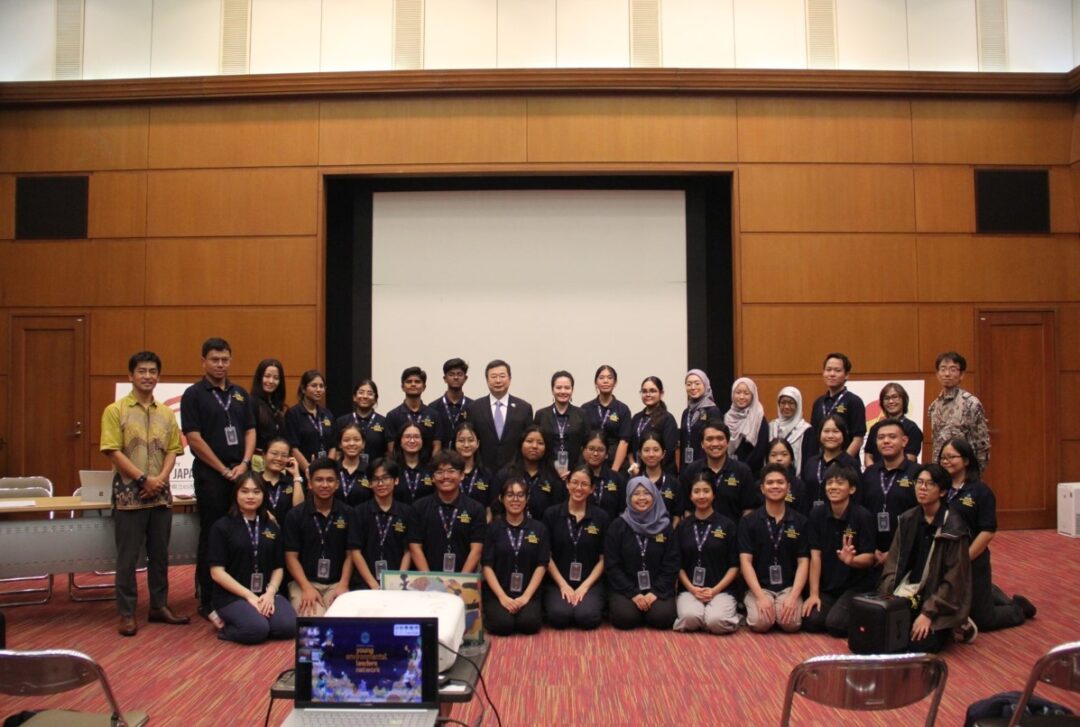
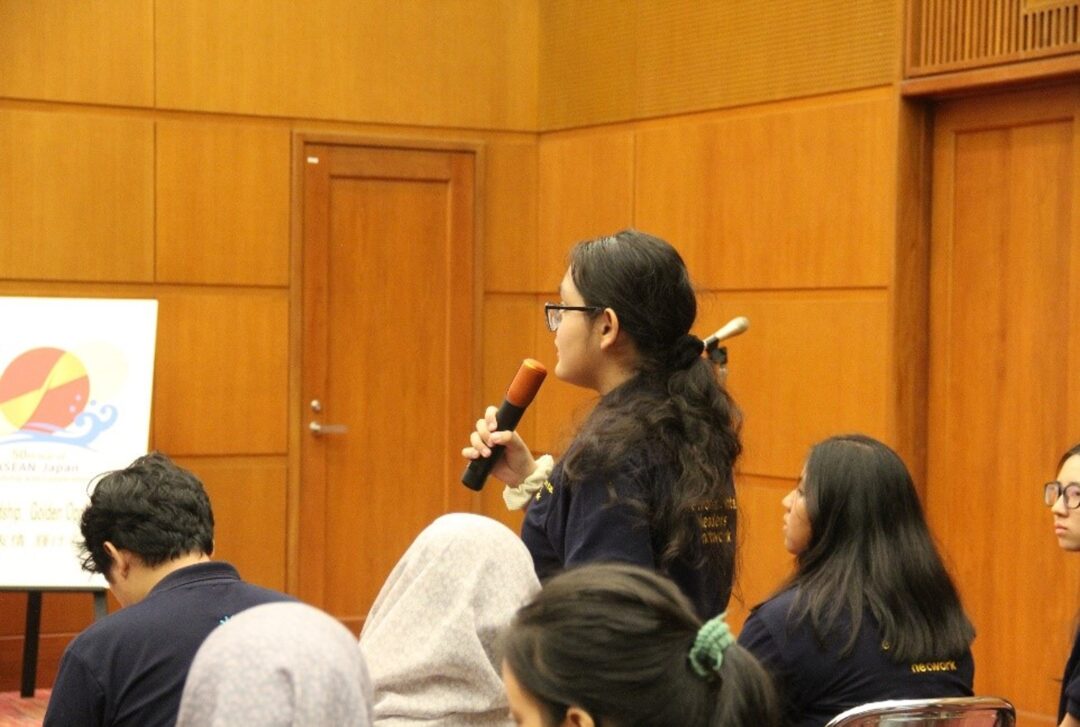
Community and School Engagement:
- Junior High School State 48: Participants were inspired by the eco-friendly initiatives observed at Junior High School State 48 in Jakarta and by the meaningful interactions during the visit.
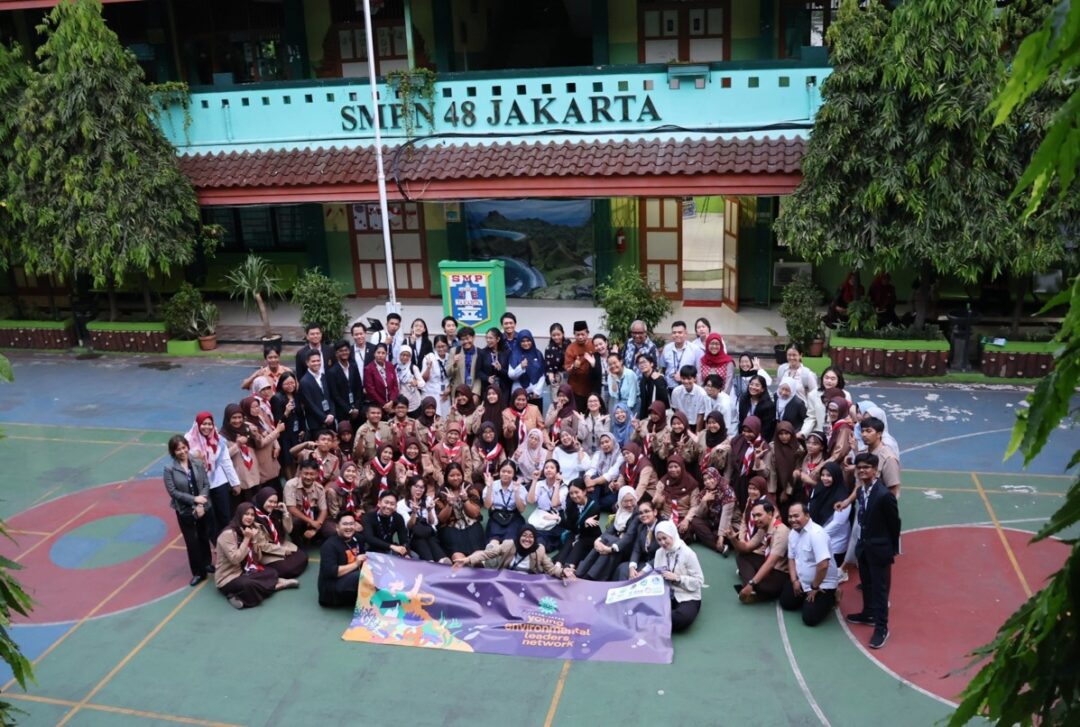
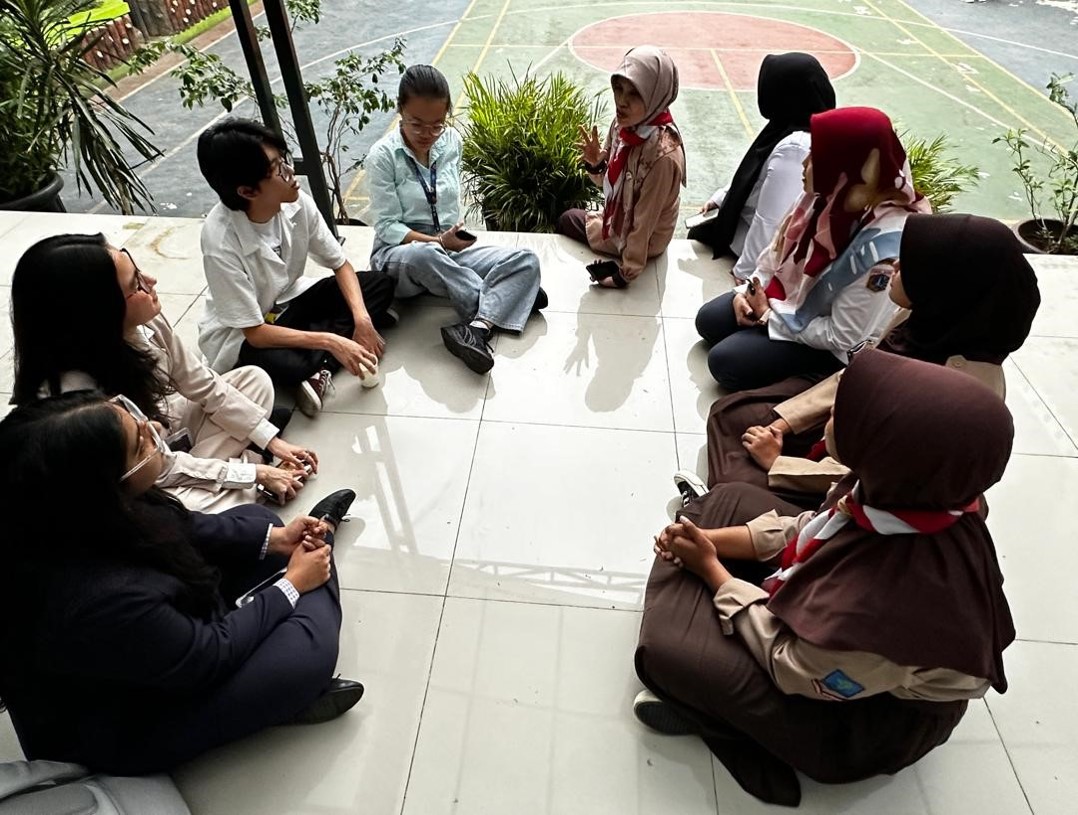
- World Café Session: The session highlighted the importance of collaboration with local communities. Interacting with organizations like Greenpeace Indonesia and Divers Clean Action underscored the value of building a network of like-minded individuals and groups.
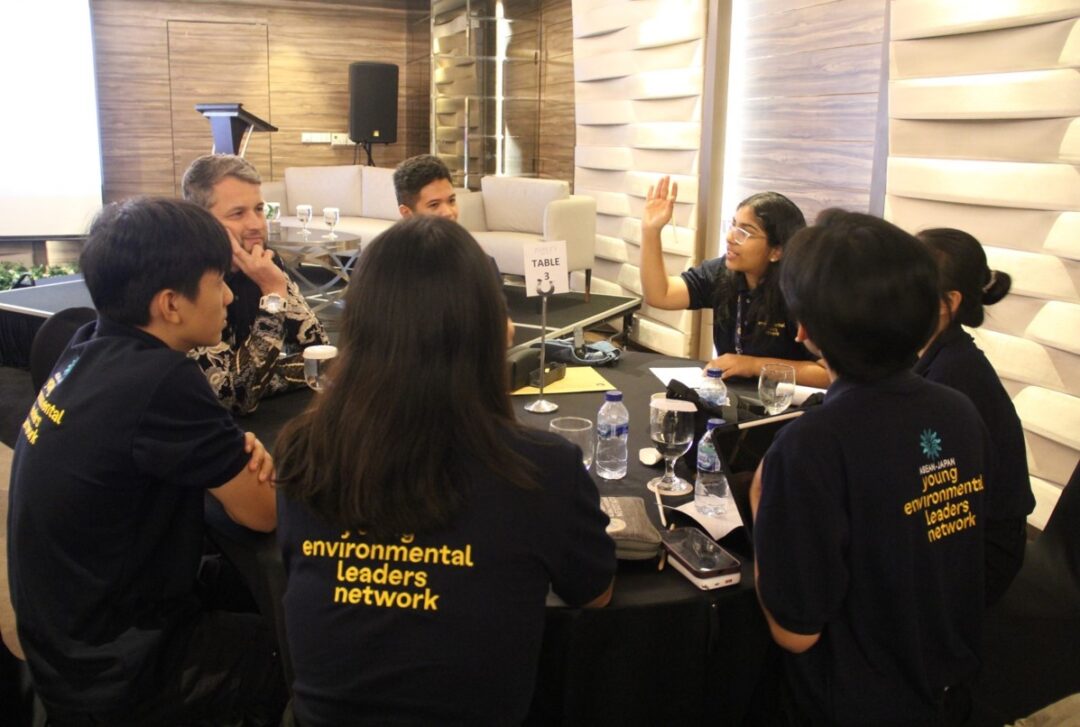
Feedback from AJYELN Fellows
HOW CAN WE APPLY THE LEARNING IN OUR PROJECT?
Malaysia fellows:
This experience has reignited my passion for environmental protection and provided me with the tools to enhance the impact of our projects. I’m eager to share these insights with my team and elevate our efforts in marine conservation. —Diya Aretha
I am committed to teaching these strategies to my committee members and others, enabling more people to apply these techniques. The lessons learned will be integrated into our project planning, making us more strategic in communicating our messages, particularly in our podcast, where I plan to use the content tips from Aloysius Efraim to raise awareness more effectively. I will also improve our data collection during beach clean-ups to ensure accurate and reliable trash data, contributing to the sustainability of our projects. —Nur Intessar
I aim to simplify participation for others by carefully managing stakeholders and choosing those who align with our purpose. Prioritizing the discovery of allies and engaging citizens will be crucial, along with applying grassroots wisdom to foster a sense of belonging. Building connections, setting clear objectives, and defining stakeholder roles will be essential steps in successfully executing our projects. —Aina Zulaikha
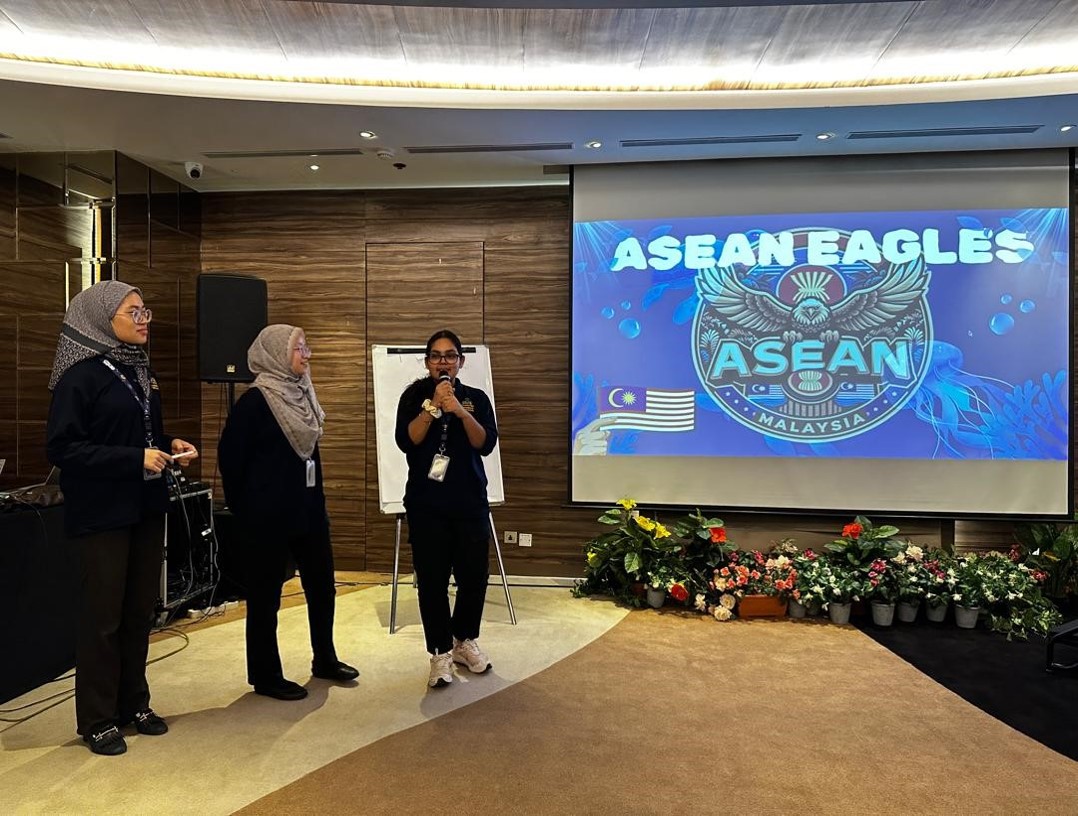
Thai fellows:
In this training, the Thai fellows were significantly impressed by workshops. Some of them mentioned that “we learned about inspirations of other fellows while exchanging ideas with them. We will adopt those useful frameworks to implement our projects.”
Furthermore, they also reported that “we were inspired from interaction with local students as we had an opportunity to witness and learn from their flagship project.” On the cultural night, the Thai fellows had an unforgettable time, saying that “we were lucky to watch the cultural performances from our peers.”
3. Conclusion
The training was highly effective in equipping participants with the necessary skills and knowledge to make a significant impact in environmental advocacy. The combination of expert sessions, practical applications, and networking opportunities equipped participants with the tools needed to make a tangible impact in their projects. The participants expressed a strong commitment to applying these learnings to their ongoing and future projects.
